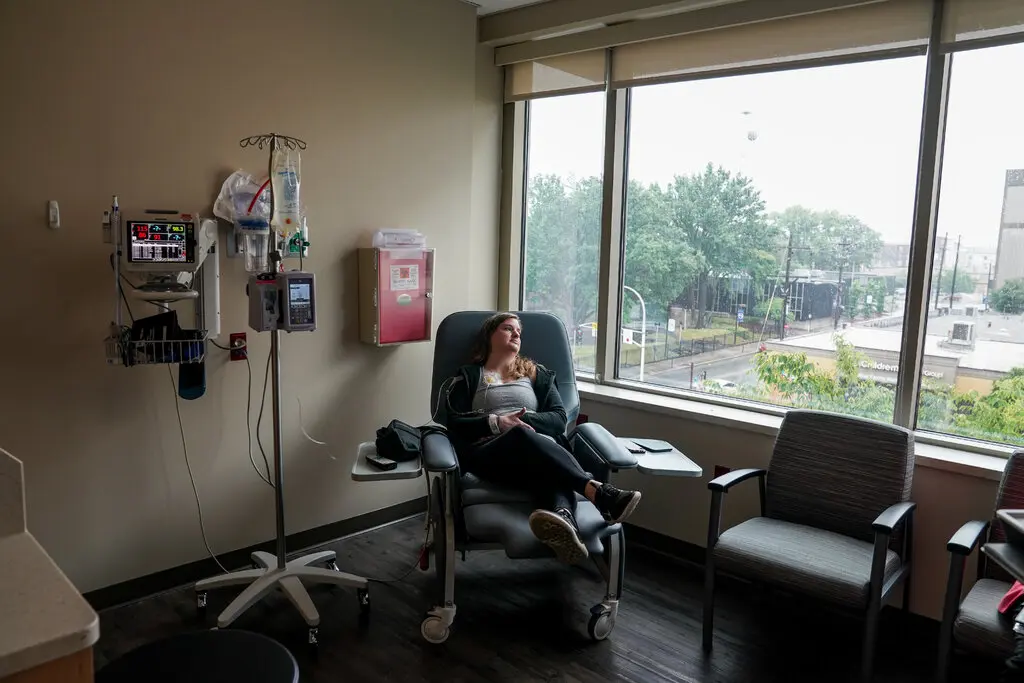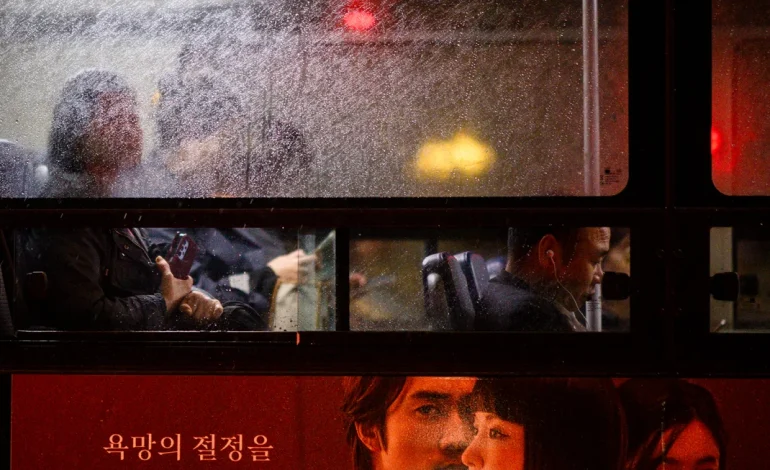Each year, thousands of South Koreans, predominantly middle-aged men, die alone and unnoticed, often weeks after their passing. These are the country’s “lonely deaths,” known as godoksa in Korean, a stark reflection of a nationwide epidemic of loneliness and isolation, CNN reports.
Recognizing the gravity of the situation, the South Korean government is launching comprehensive initiatives to combat the crisis.
The bustling capital of Seoul has announced a five-year plan worth nearly $327 million to “create a city where no one is lonely.” This includes establishing a 24/7 loneliness counseling hotline, an online platform for similar support, and in-person follow-up visits. The city also plans to expand psychological services, create more green spaces, provide nutritional meal plans for the elderly, and implement a system to identify isolated residents in need.
These initiatives aim to encourage social interaction and combat the rising trend of social withdrawal. The phenomenon of hikikomori, where individuals retreat from society and isolate themselves at home, has gained significant traction in South Korea, with estimates suggesting as many as 244,000 individuals in 2022.
The number of lonely deaths, which now includes people dying alone due to illness or suicide, has also been rising. Last year, 3,661 such deaths were recorded, a significant increase from 2022 (3,559) and 2021 (3,378). This increase can partly be attributed to the government’s expanded definition of lonely death, but also reflects the aging population and declining birthrate in the country.
Experts note that the issue disproportionately affects middle-aged and elderly men, with over 84% of lonely deaths last year involving men. This highlights a cultural aspect, with Korean societal norms often placing pressure on men to be successful and self-sufficient, making it difficult for them to seek help or express vulnerability.
South Korea is not alone in this fight. The UK has appointed a Minister of Loneliness, and the US Surgeon General has issued an advisory warning of an “epidemic of loneliness and isolation.” Japan, where hikikomori was first recognized, has also established a Ministry of Loneliness and Isolation, alongside a comprehensive plan including 24/7 consultation services and expanded counseling programs.
The World Health Organization has called loneliness a “pressing health threat,” underscoring the need for global action. South Korea’s ambitious plan signifies a crucial step towards tackling a complex issue with significant cultural and social implications.









